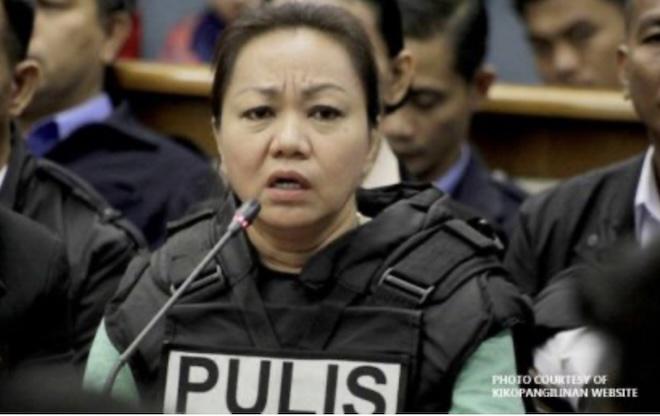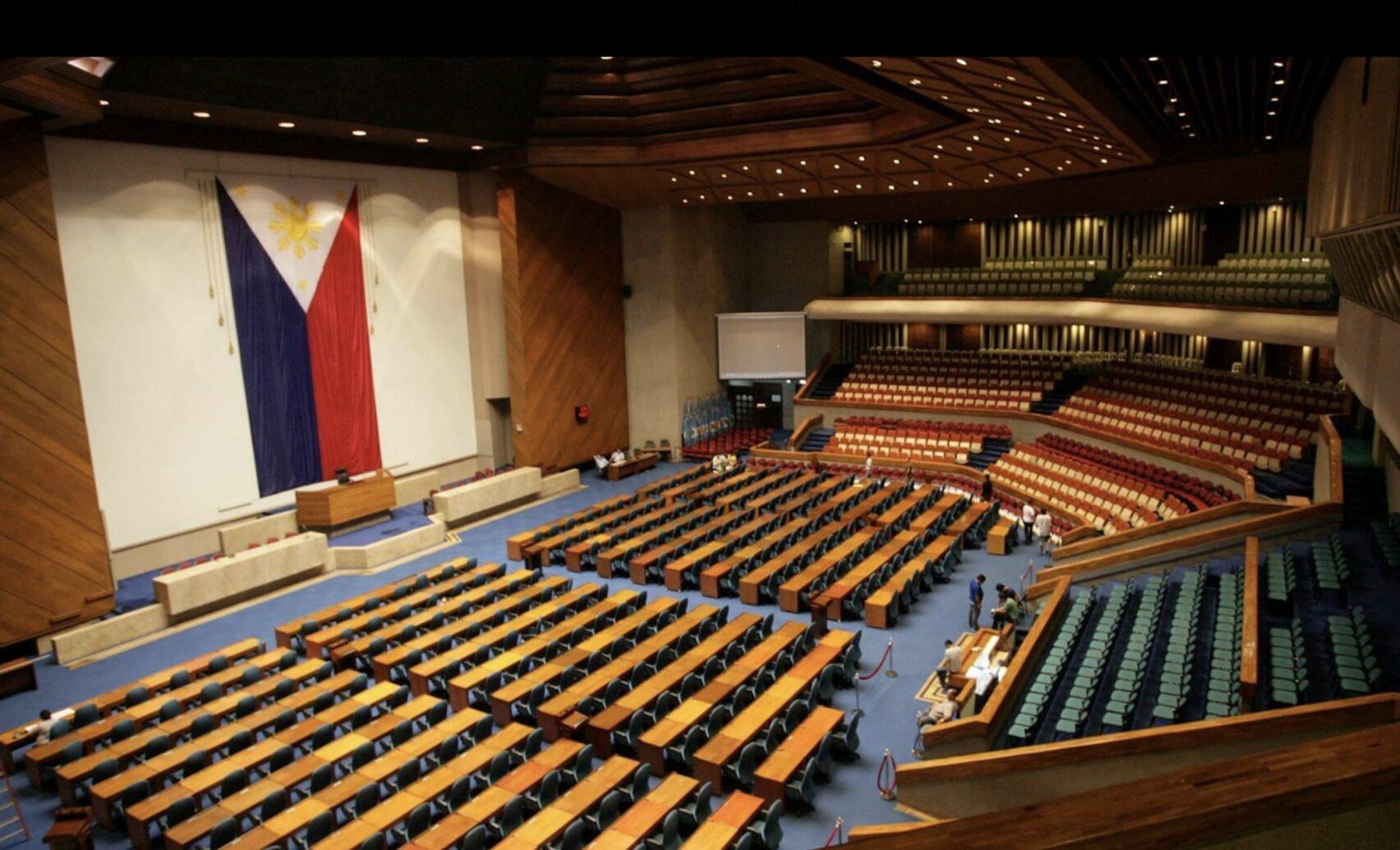Viacom International Media Networks (VIMN) will no longer pursue the plan to construct the heavily-opposed Nickelodeon theme park in an island considered as the Philippines’ “last ecological frontier.”
In a statement released Tuesday, August 22, VIMN said it has reached an agreement with Coral World Park to discontinue the licensing agreement for the attraction in Coron island located in Palawan.
The planned attraction, which was first announced in January of this year, was met with fierce criticisms from environmental advocates and other groups, including the Tagbanua Tribes of Coron Island Association, Incorporated (TTCIA).
“VIMN has mutually agreed with Coral World Park to discontinue the IP licensing agreement for the Nickelodeon-branded attraction and resort that was intended to be part of Coral World Park’s planned development in the western Philippine province of Palawan,” Corporate Communications Asia’s Senior Director Adeline Ong said.
Slated to open in 2020, the project aims to build a 400-hectare undersea attraction and resort in Coron that will feature Nickelodeon’s iconic properties like ‘SpongeBob SquarePants,’ ‘Teenage Mutant Ninja Turtles,’ and ‘Dora the Explorer.’
Despite assurance from the developers that the environment will be preserved, the conservation community called on for the cancellation of the project over possible damage to the marine ecosystem.
“Therefore, VIMN and Nickelodeon will no longer be involved with this proposed development. We wish Coral World Park well,” Ong added.
Environmental advocates lauded VIMN’s decision to scrap the project.
“We commend Viacom International Media Networks, the media company that owns Nickelodeon, for heeding to the call of over 260,000 online petitioners and local communities to disengage with Coral World Park,” said Save Philippine Seas executive director Anna Oposa.
Oposa earlier lead an online campaign against project on Bataris.org.ph.
“VIMN’s decision to cut-off its ties with CWP shows that the real power lies in the hands of the people, especially our Tagbanua brothers and sisters, who fiercely opposed the project,” she added. (Dana Sioson/AJPress)






